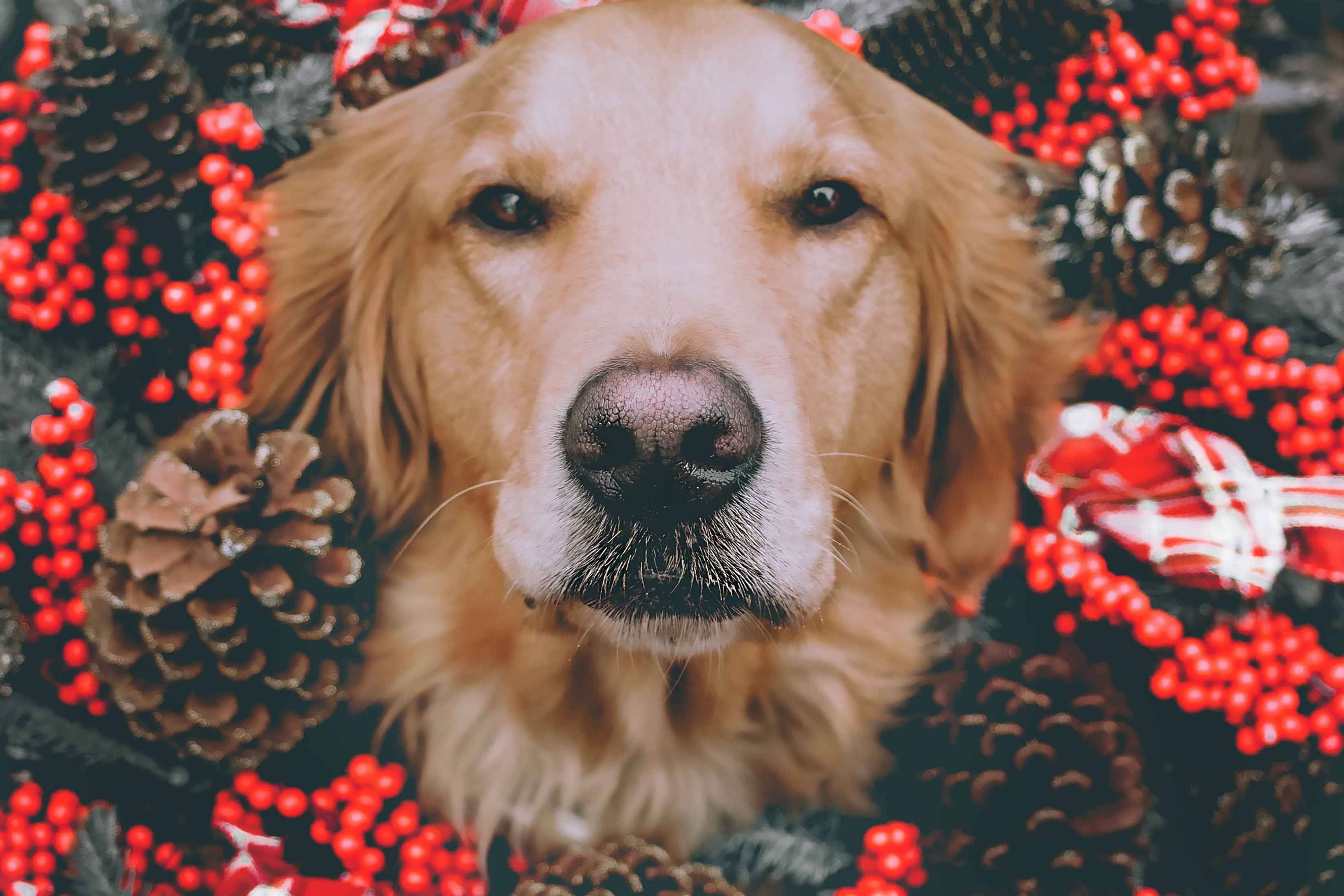Golden Retrievers are known for their friendly, outgoing, and happy-go-lucky personalities. They are loyal companions, great with children, and love to play. However, just like humans, dogs can experience stress too. Unfortunately, they cannot communicate their feelings with words, which makes it harder for pet owners to recognize when their furry friend is stressed. In this blog post, we will discuss the signs of stress in Golden Retrievers and provide a guide for pet owners to help their dogs cope with stress. By understanding the signs of stress, you can take the necessary steps to ensure your Golden Retriever lives a happy and healthy life.
Stress can affect any animal, including dogs. As a pet owner, it’s important to recognize the signs of stress in your Golden Retriever. By doing so, you can take steps to alleviate the stress and prevent further complications. In this guide, we will discuss the most common signs of stress in Golden Retrievers.
1. Changes in Eating Habits: One of the early signs of stress in Golden Retrievers is a change in eating habits. If your Golden Retriever suddenly stops eating or eats less than usual, it could be a sign of stress. Additionally, some dogs may overeat when stressed.
2. Aggression: Aggression is another sign of stress in Golden Retrievers. If your dog shows aggressive behavior towards people or other animals, it could be a sign that they are stressed.
3. Excessive Barking: Golden Retrievers are known to be vocal, but excessive barking can be a sign of stress. If your dog is barking more than usual, it could be a sign that they are feeling anxious or stressed.
4. Avoiding Eye Contact: If your Golden Retriever is avoiding eye contact, it could be a sign of stress. Dogs often avoid eye contact when they are feeling anxious or stressed.
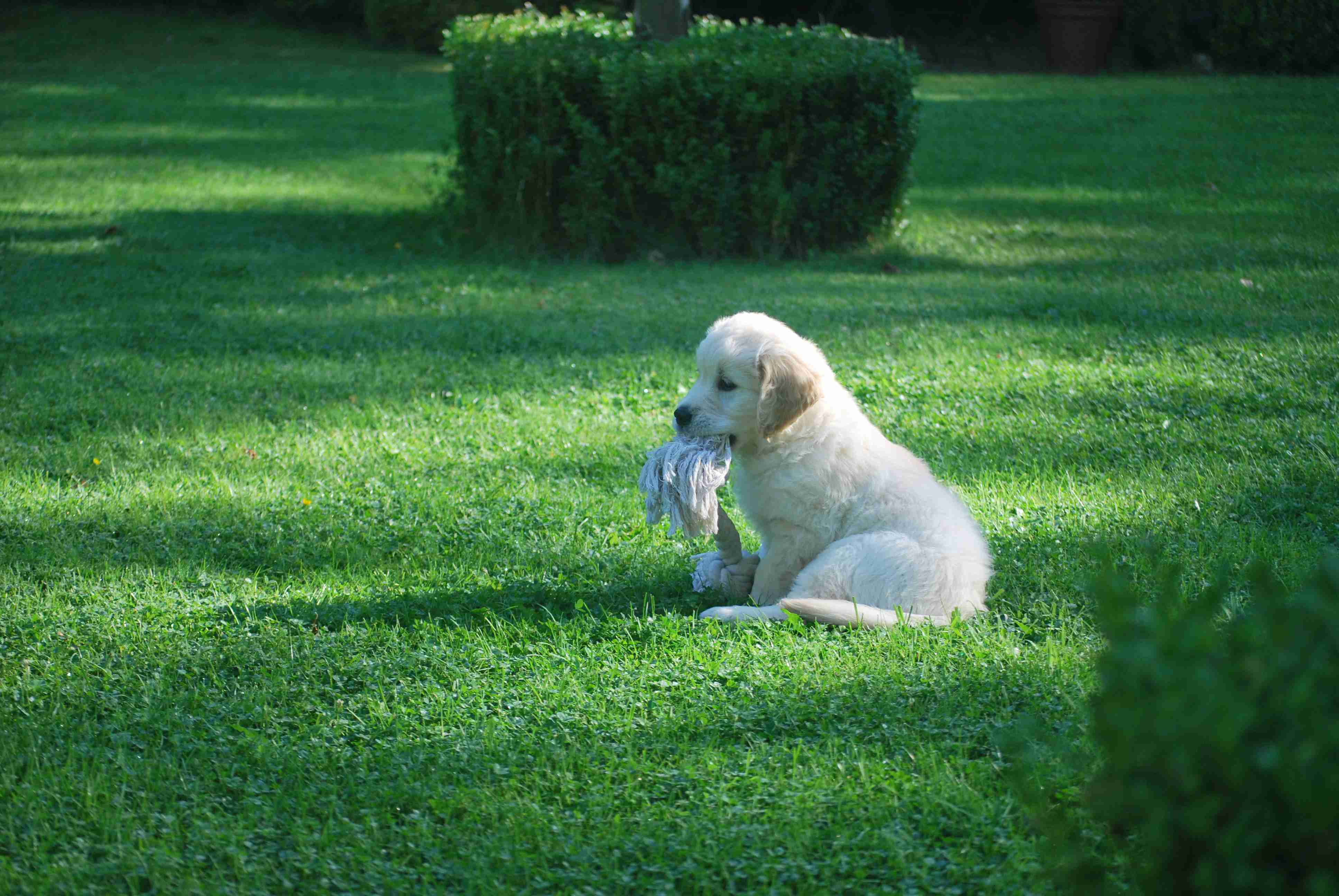
5. Hiding: Some dogs may hide when they are feeling stressed. If your Golden Retriever is spending more time in their crate or hiding under furniture, it could be a sign that they are stressed.
6. Excessive Licking or Chewing: Another sign of stress in Golden Retrievers is excessive licking or chewing. If your dog is constantly licking their paws or chewing on objects, it could be a sign that they are stressed.
7. Restlessness: If your Golden Retriever is restless and pacing around the house, it could be a sign that they are feeling stressed. Some dogs may also have trouble settling down to sleep when they are stressed.
8. Loss of Interest: If your dog suddenly loses interest in activities they previously enjoyed, it could be a sign of stress. For example, if your Golden Retriever no longer wants to play fetch or go for walks, it could be a sign that they are feeling stressed.
recognizing the signs of stress in your Golden Retriever is important as it can help you take steps to alleviate their stress and prevent further complications. If you notice any of the signs mentioned above, it’s important to consult with your veterinarian to rule out any underlying medical conditions. With proper care and attention, you can help your Golden Retriever live a happy and stress-free life.
As a responsible pet owner, it’s important to recognize the signs of stress in your Golden Retriever. Stress can lead to serious health problems and behavior issues if left unaddressed. By being attentive to your dog’s behavior and taking steps to reduce their stress, you can help ensure that they live a happy, healthy, and fulfilling life. Remember, your furry friend relies on you to provide them with the love, care, and attention they need to thrive. By staying informed and taking action when necessary, you can help your Golden Retriever lead the best life possible.


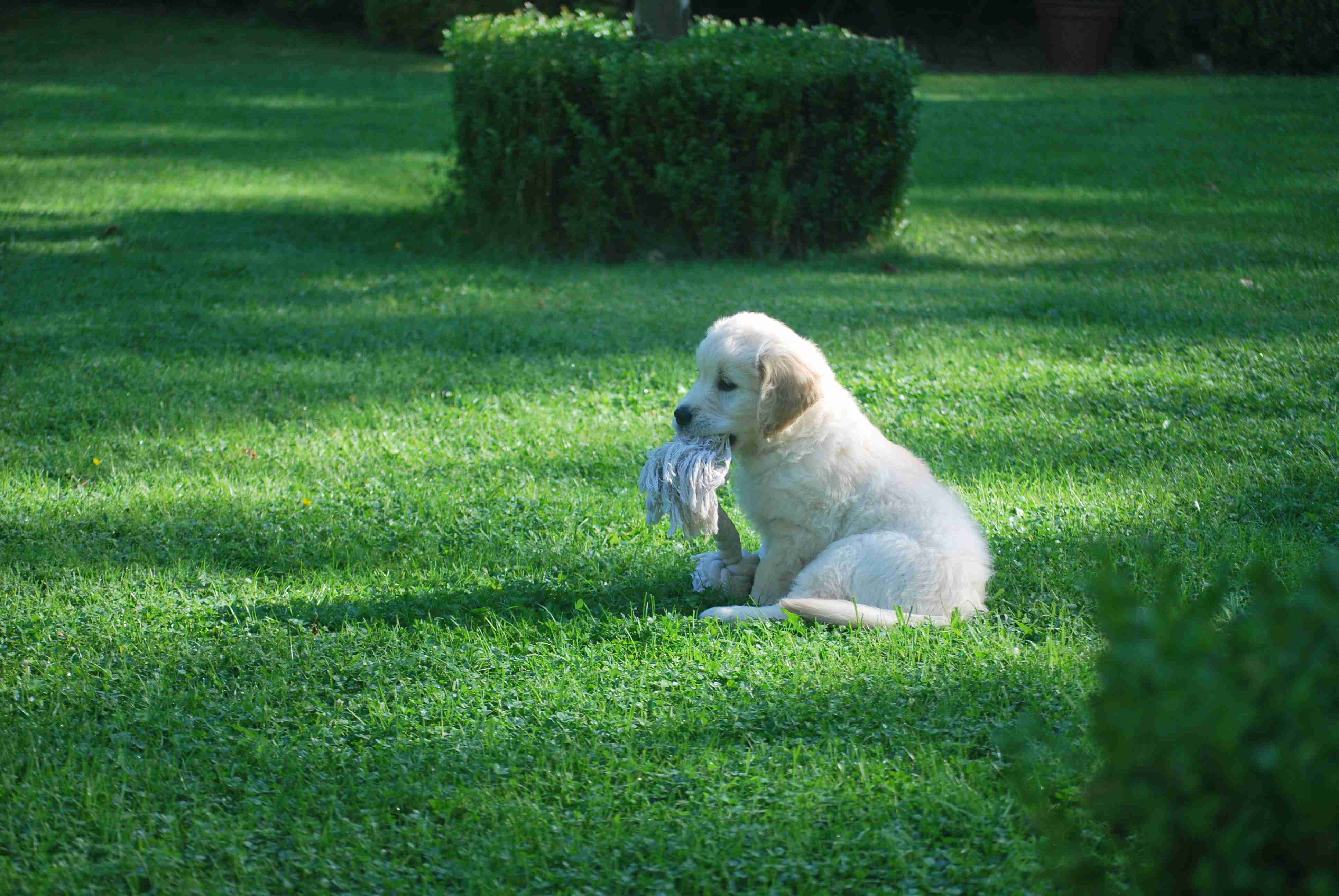
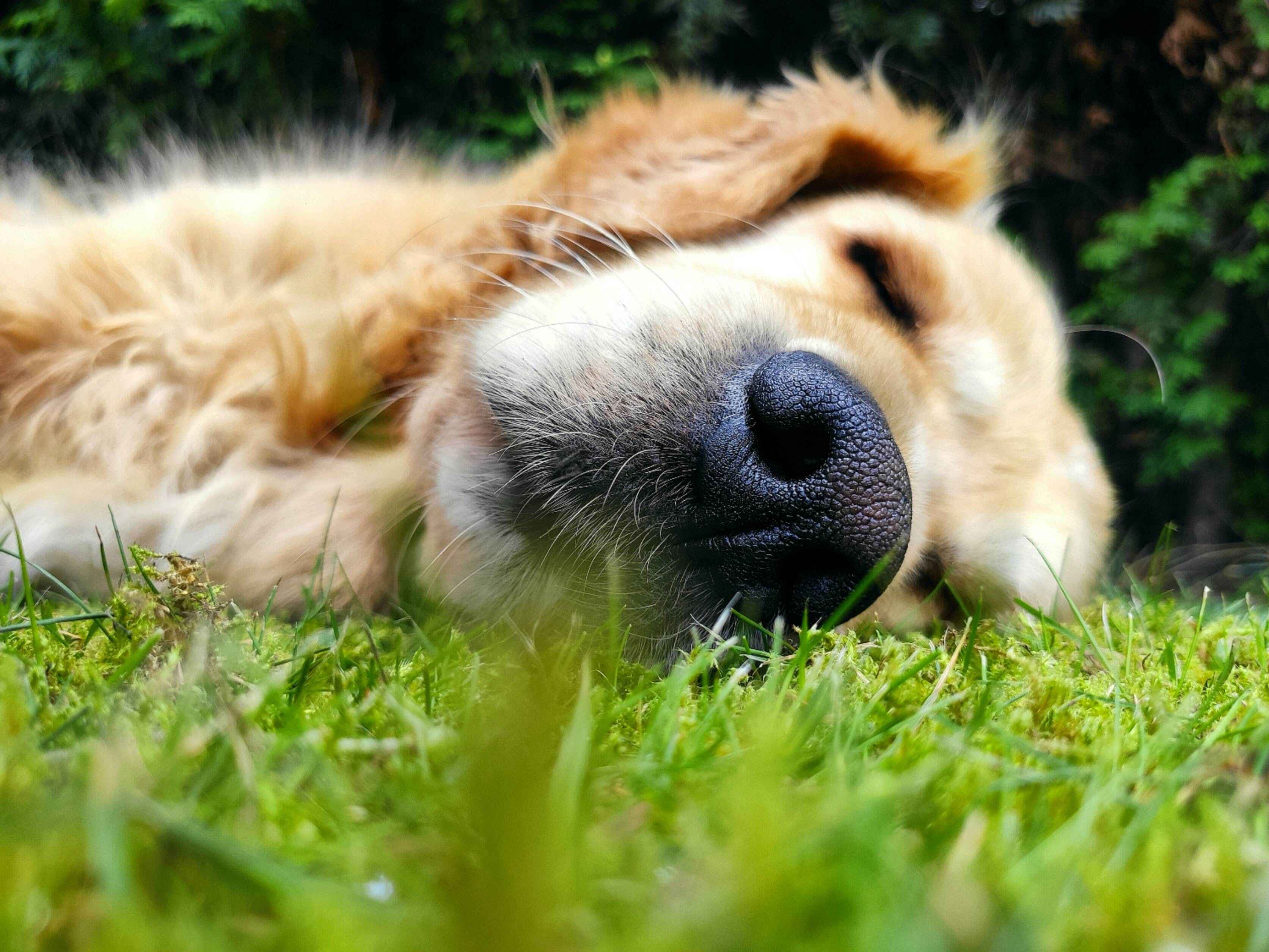
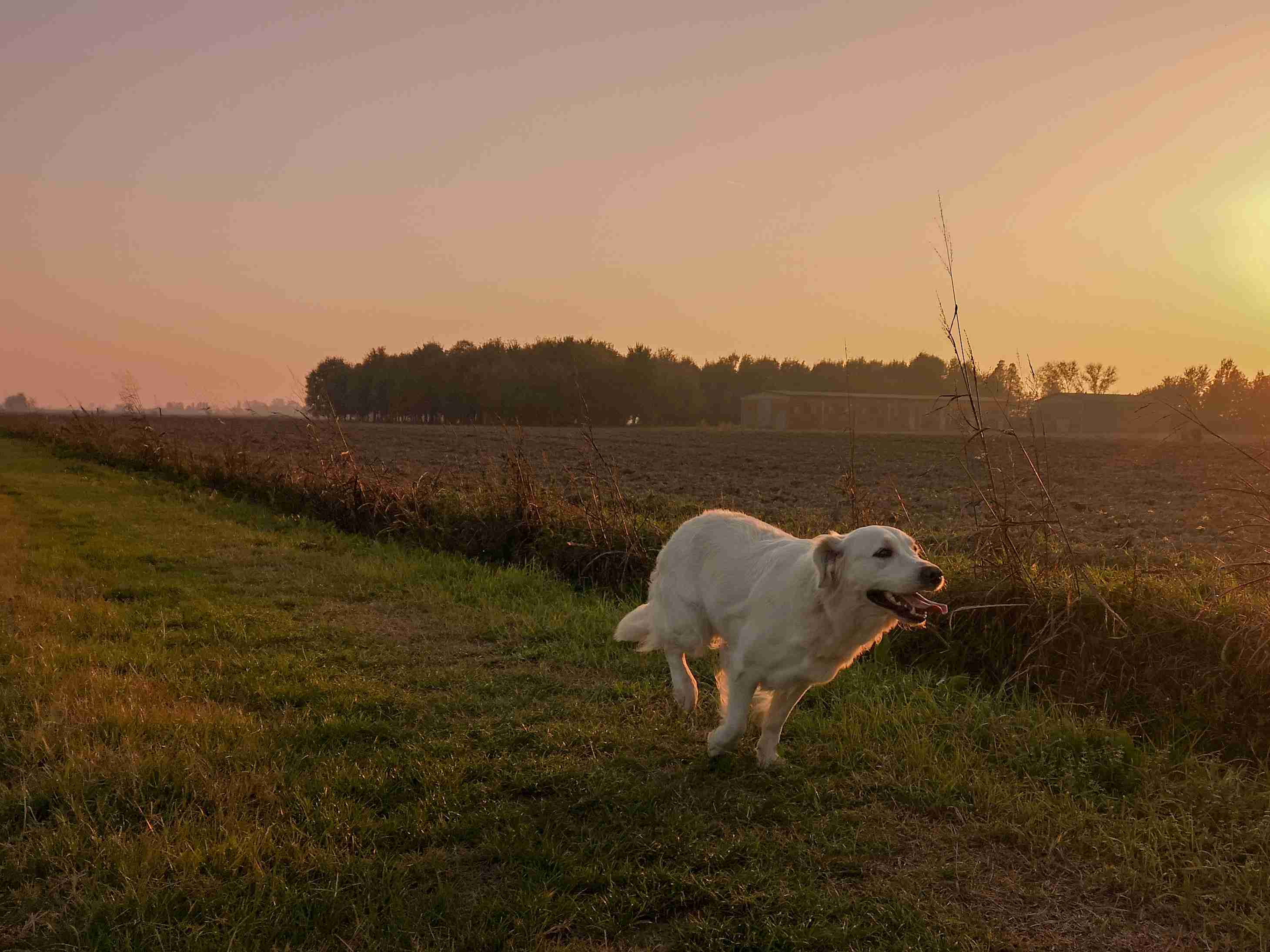
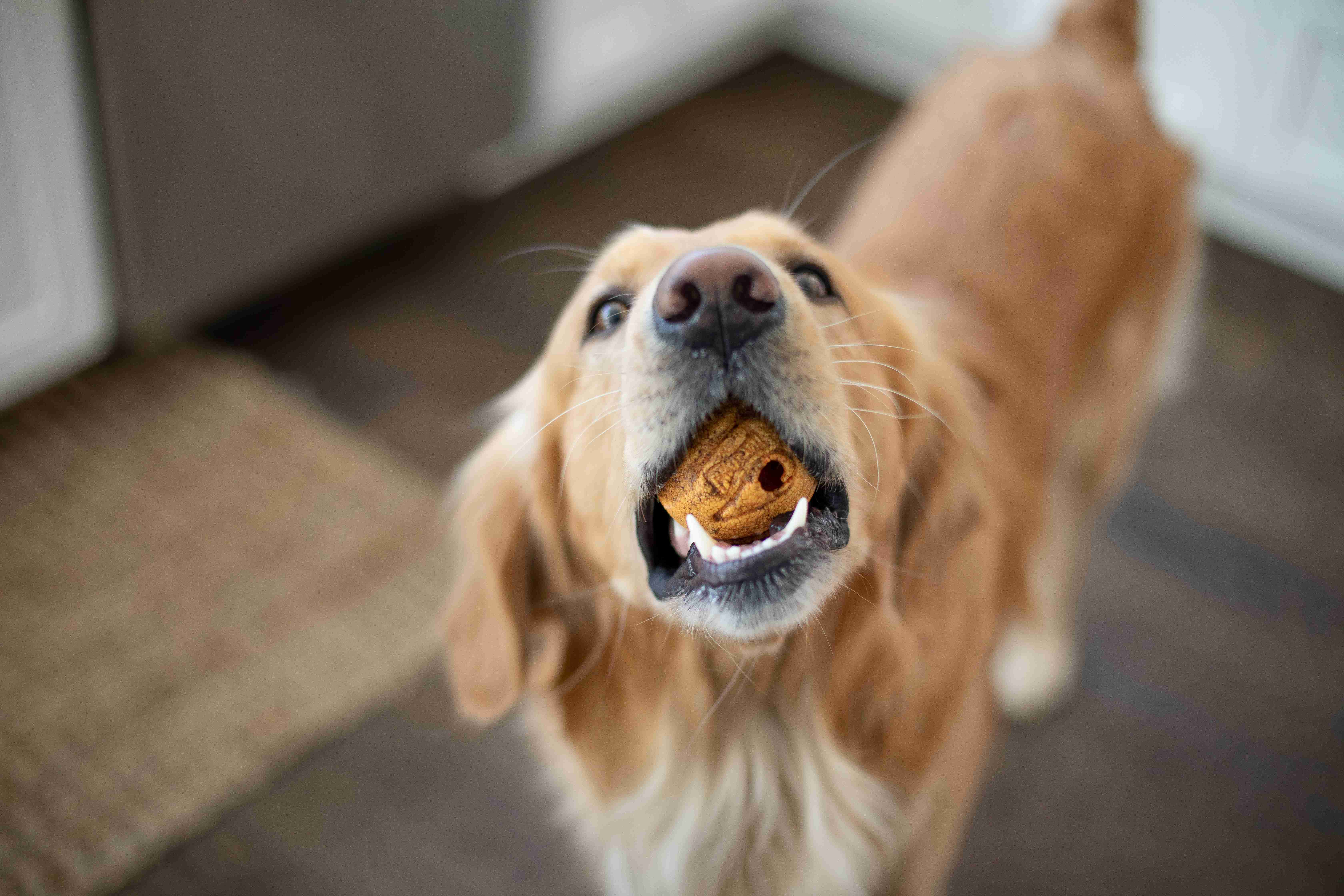
.jpg)
